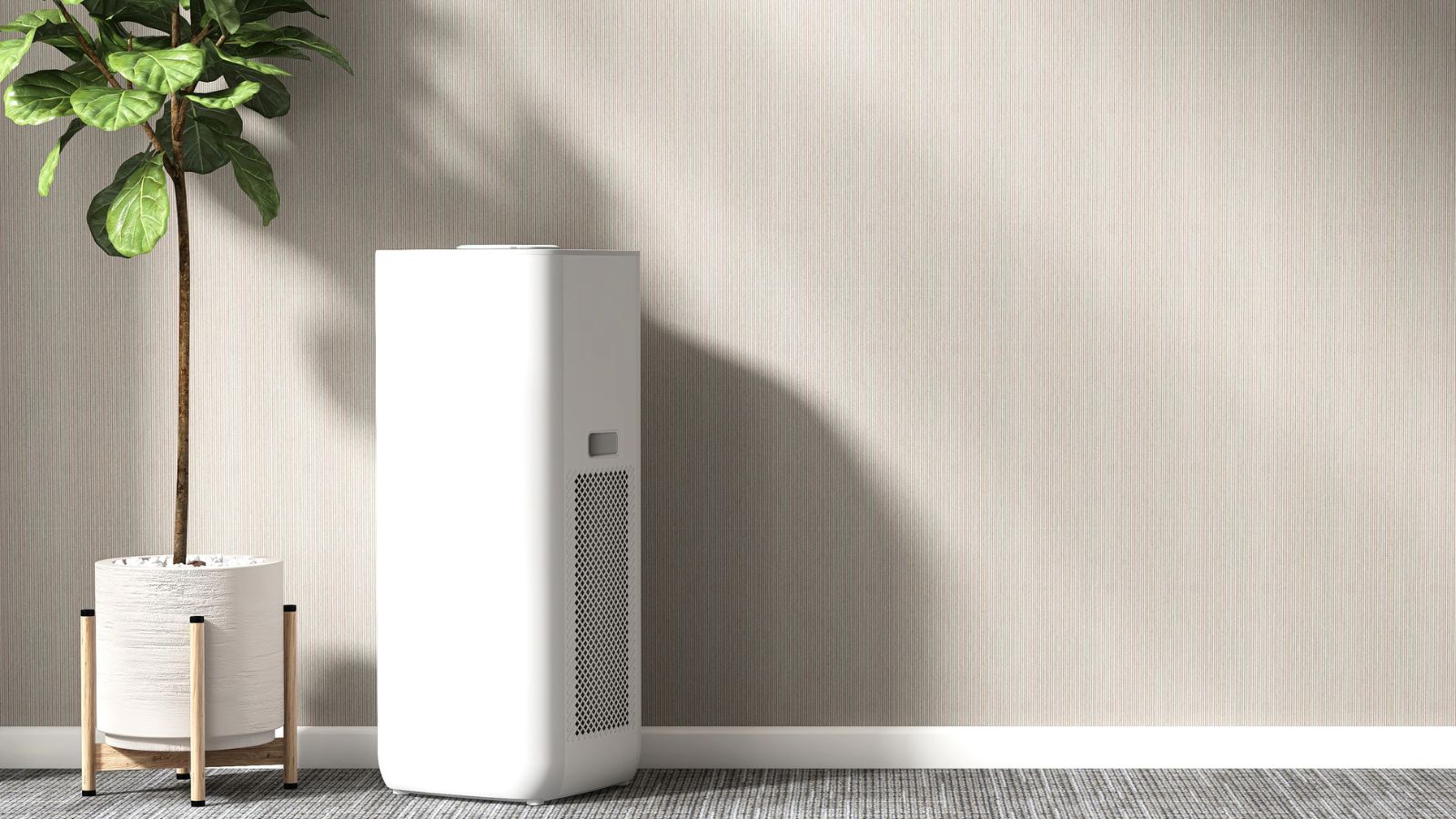
At Woman & Home how we test dehumidifiers is a meticulous and thorough process. We look for appliances that can clear condensation; leave laundry cupboard-dry; and efficiently and effectively improve your air quality. If you're wondering how we select the best, you're in the perfect place.
Testing dehumidifiers doesn't sound like a very glamorous job, but you'd be surprised at how enthusiastic our experts are. We've all struggled with condensation on our windows, laundry that just won't dry, and some mould and must around the home. Naturally, we've sought out solutions.
Our team of experts has worked with the good, the bad, and the very best dehumidifiers to find solutions for everything from light laundry tasks to some serious damp issues. We've gotten geeky about the differences between a desiccant and compressor dehumidifier; water tank capacities; and continuous drainage so that you don't have to.
How we test dehumidifiers for our expert buying guides
If you want to know how our experts decide which dehumidifiers are with the investment, even from the best dehumidifier deals, here's an insight into how we measure every aspect of these appliances.
From how we select which ones to test, to how we measure performance, here are all the behind-the-scenes details.
How we choose dehumidifiers to test
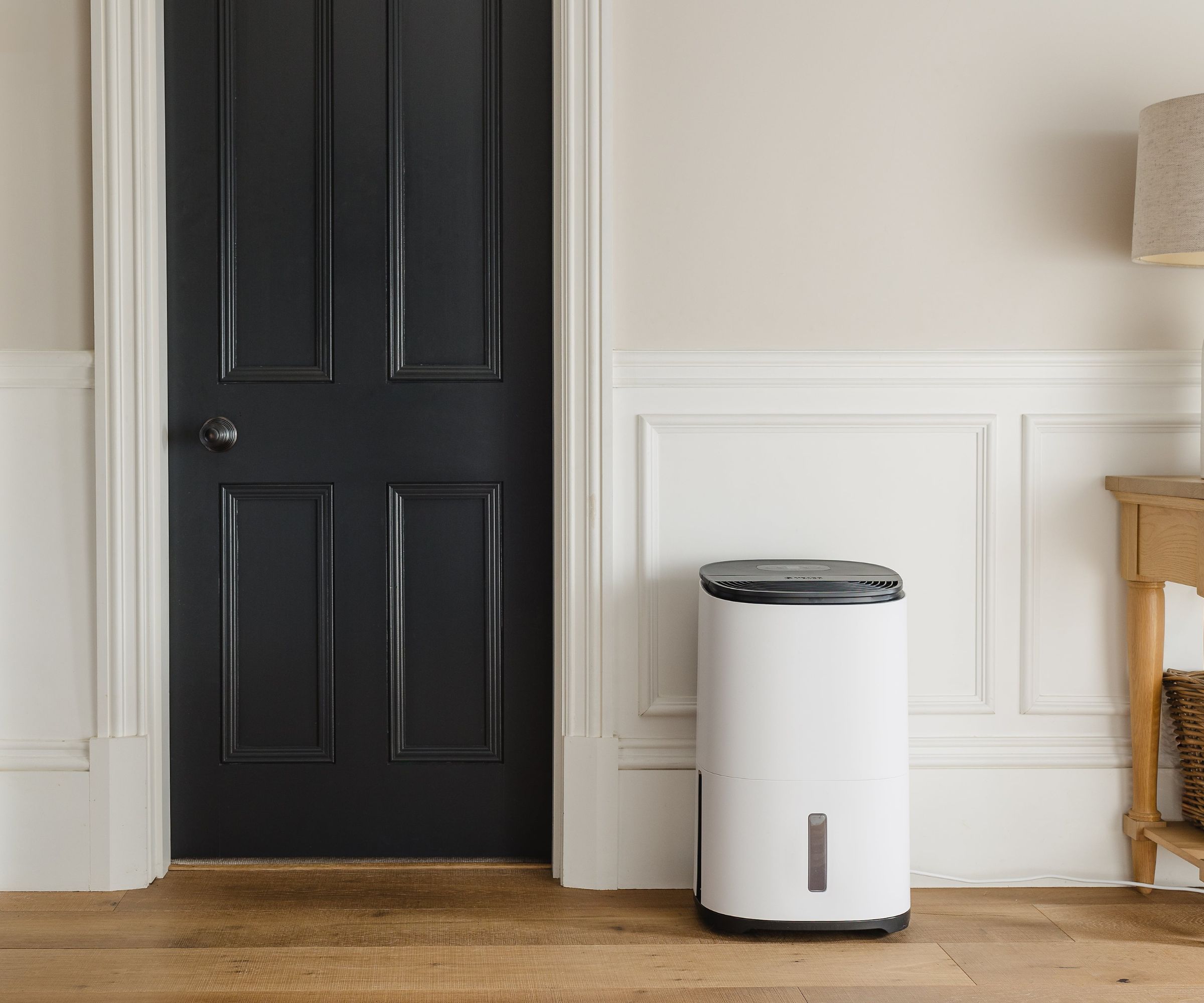
The first place everybody starts looking for dehumidifiers is by researching them, so that's where we start too. At Woman & Home, we have a team of dehumidifier-obsessed experts who always keep a keen eye on the dehumidifier market. We cover big brands, such as Micro, EcoAIr, Pro Breeze, Dimplex and De'Longhi as well as smaller-start-ups. We want to give every dehumidifier a good chance at success, so that we can suggest the best dehumidifiers for your needs.
We make sure that we've tested dehumidifiers that can cover the needs of a small space as well as a whole home with high humidity. We always keep an eye on consumer demands and market trends too. That way, we know we're always meeting your needs, comprehensively covering a range of price points, room sizes, and functions. We start with £50 models and work up to those which are closer to £300 pounds.
Here's a table of how we approach the different kinds of dehumidifiers, just based on the specs. They'll normally fall into one of these categories, which helps us to place the dehumidifier in the right home. There's no point testing a huge, powerful dehumidifier in a small flat that doesn't need much help.
As soon as we spot a new dehumidifier that's making a splash in the market, we start researching. We'll look at the claims that the brand makes so that we are clued up on everything we need to test once the dehumidifier arrives in our home.
Why we talk about first impressions and unboxing
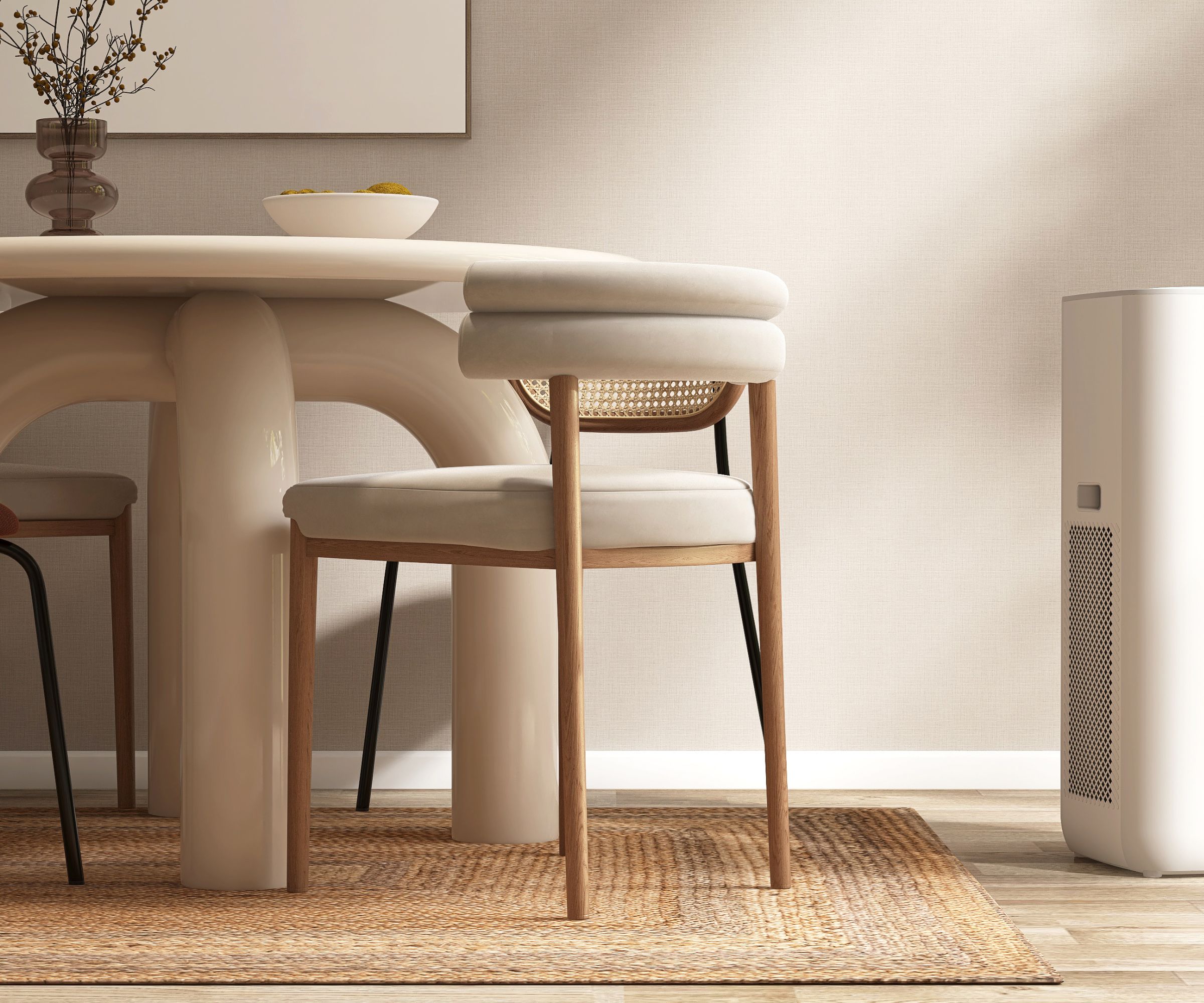
Whilst first impressions aren't everything, we know how much they matter. The aesthetics of your dehumidifier as well as the unboxing process play a big part in how you perceive it. Plus, it's often a good insight into the overall quality and user-friendliness of a dehumidifier.
Firstly, we'll let you know if packaging is easy to recycle and dispose of. We'll also let you know if you get any extra accessories, such as a hose and spare reservoir. Whilst these aren't priceless and are easy to pick up from the shops, they're much more convenient to have with your dehumidifier as soon as it arrives.
Once everything is unboxed, our experts will tell you how easy the dehumidifier is to set up and get running. Some will require you to read the instruction manuals over and over. Others won't even need you to glance at the leaflet. More premium or advanced dehumidifiers come with smart controls, WiFi connectivity, and apps too. These can be frustrating to navigate, so we let you know if it's worth it, or a bit of a pointless headache.
It's important that your dehumidifier can boast form and function, so we'll let you know how attractive each dehumidifier is in our homes. Historically, these haven't been the most slinky or sleek appliances, but, in the past few years, they've come on in leaps and bounds. Some are even quite beautiful. Alongside the first-impression aesthetics, we'll let you know how much space it needs, what it's like to store, and the kind of interior design trend that it would suit, so you know how well it will integrate into your space.
The key features we look for in our tests
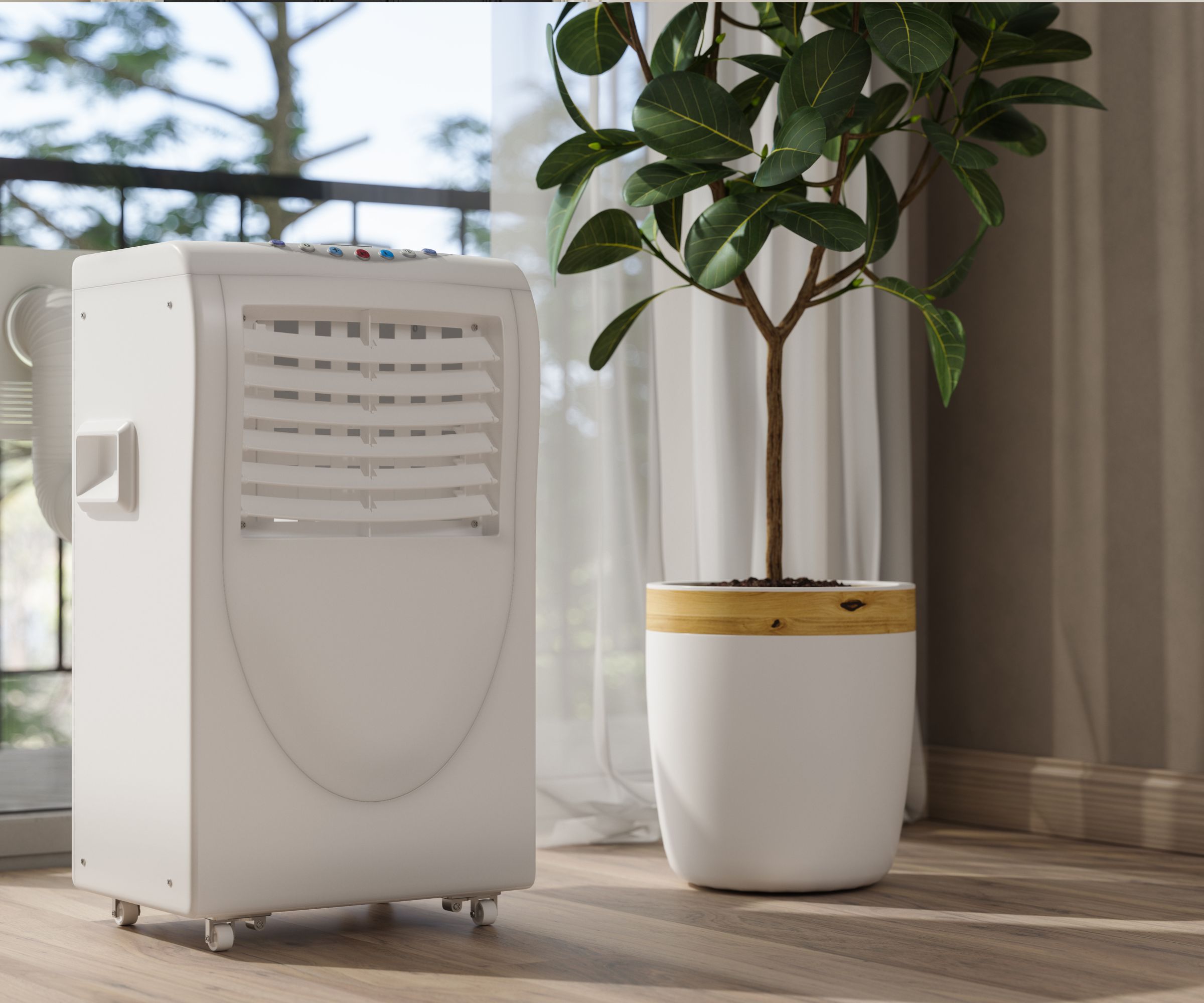
Choosing the right dehumidifier means knowing your space and your needs. We recommend thinking about a few factors: room size, humidity levels, energy efficiency, and brand reputation. We'll test each dehumidifier across all of these and more, checking how quickly they dry laundry, how often they need emptying and more. We'll let you know what size dehumidifier you need and which functions are important for different people.
Before we get into the details of each of our tests, we've drawn up this table to help you towards knowing which dehumidifier will suit your home.
1. Capacity and water tank
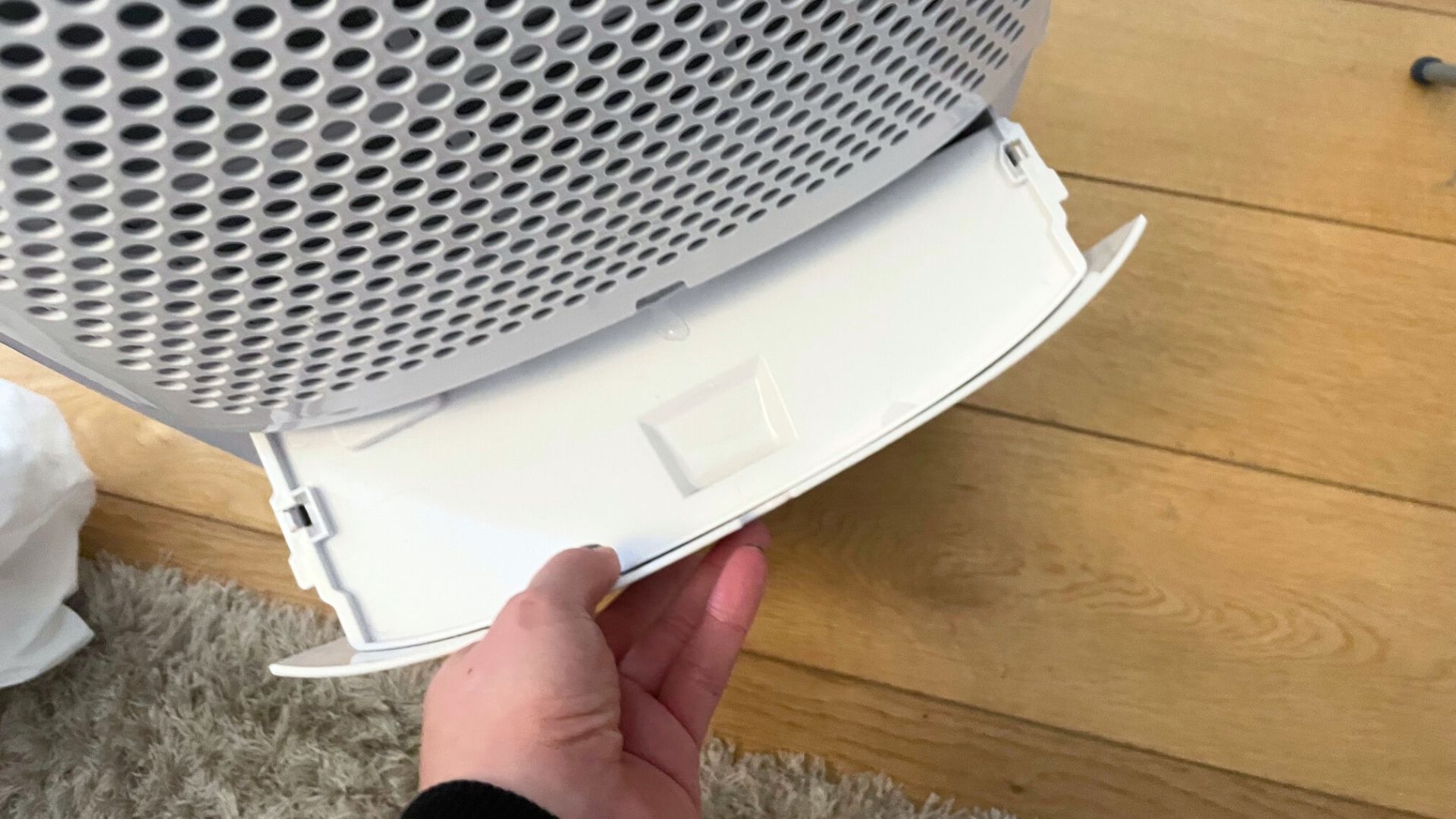
One of the most important considerations to factor in to choosing the best dehumidifier for your home is the water tank capacity. We make notes on how much moisture a dehumidifier can extract from the air within 24 hours and how often you'll need to empty the tank.
Some have auto shut-off functions or hoses, so you can switch them on and leave them running. The benefit of these is that you'll never have to cautiously carry a full tank to the sink for emptying. If you have a large humid, room you'll want one of these.
If your room is smaller, with less substantial needs, a smaller water tank will be more than enough, just bear in mind that you'll have to keep a more careful eye on the water tank in your dehumidifier because these need emptying by hand. They're likely to overflow if you neglect them.
The size of the dehumidifier you need will depend upon your room's humidity levels and size. The smallest dehumidifier worth buying will have a 5L capacity. This will cover light condensation in a one-bedroom flat. If you have a cold, two-bedroom home with moderate dampness and condensation, you'll want a 10-12L capacity dehumidifier. If you've got mould on your furniture and a two-bedroom home (600 square feet), you'll need 20L capacity.
2. Ease of use
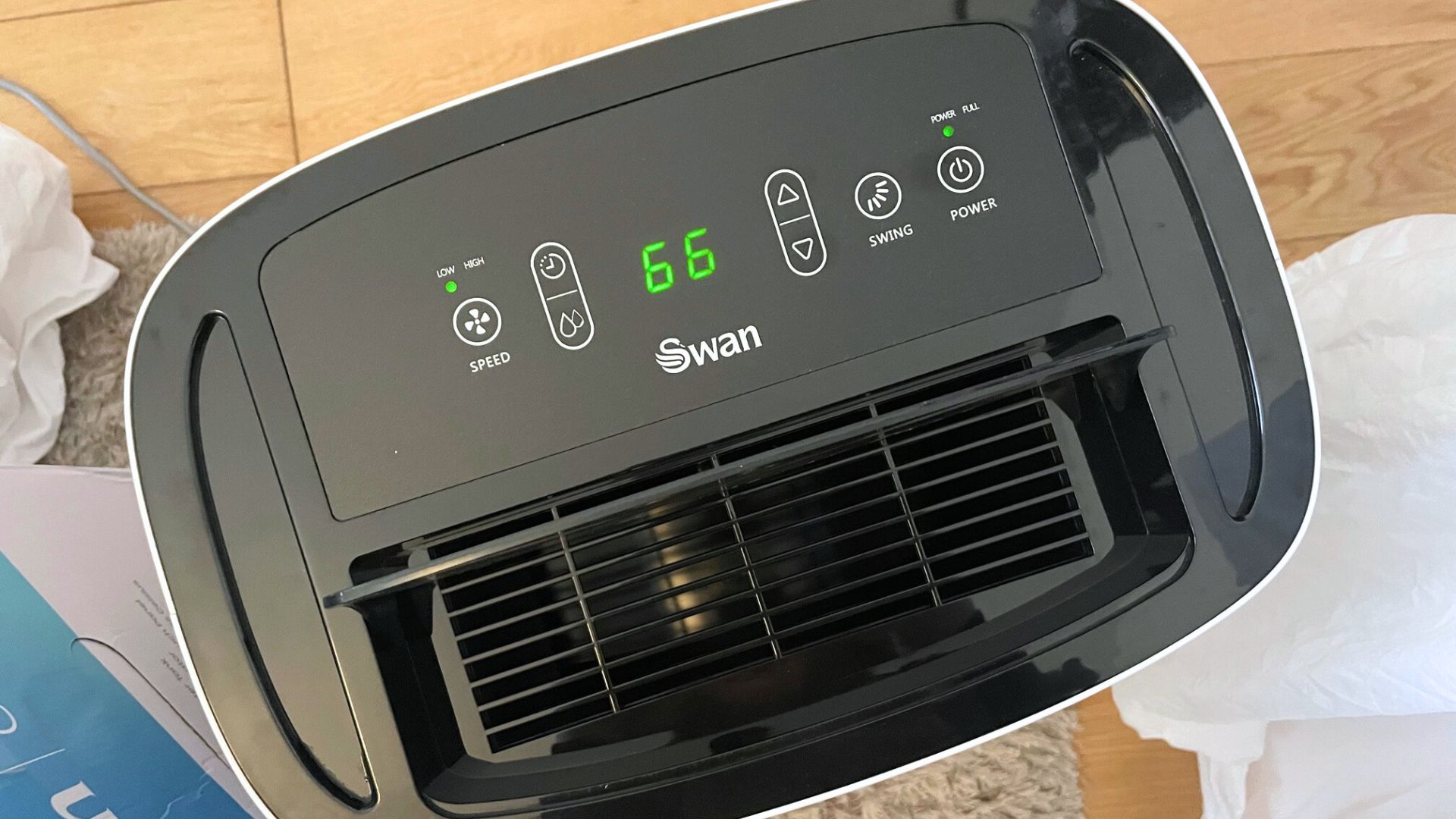
How easy a dehumidifier is to use will make all the difference to how inclined you are to use it. Straightforward, user-friendly controls will make it easy to programme your dehumidifier, so you can make the most of all the different settings.
The best dehumidifiers will have intuitive controls, clear displays, and convenient features, such as auto shut-off, adjustable humidity settings, and child-proof locks. We've found that more advanced dehumidifiers can get a little complicated, but once you have the knack of their controls, you'll be able to make the most of what they have to offer. If that's the case, it's good to know, so we'll write it all up in our reviews, telling you whether it's worth persevering.
We'll check Wi-Fi compatibility, fan speeds, air purifying capabilities, and more. Lots of dehumidifiers come with features that measure your air quality, but if they don't we'll use our own to check how effective the dehumidifier has been at improving the air and environment in our homes.
Once we've finished our tests we'll also walk through cleaning the dehumidifier, because it'll need to be cleaned regularly if it's going to effectively remove excess moisture from the air.
3. Design and mobility
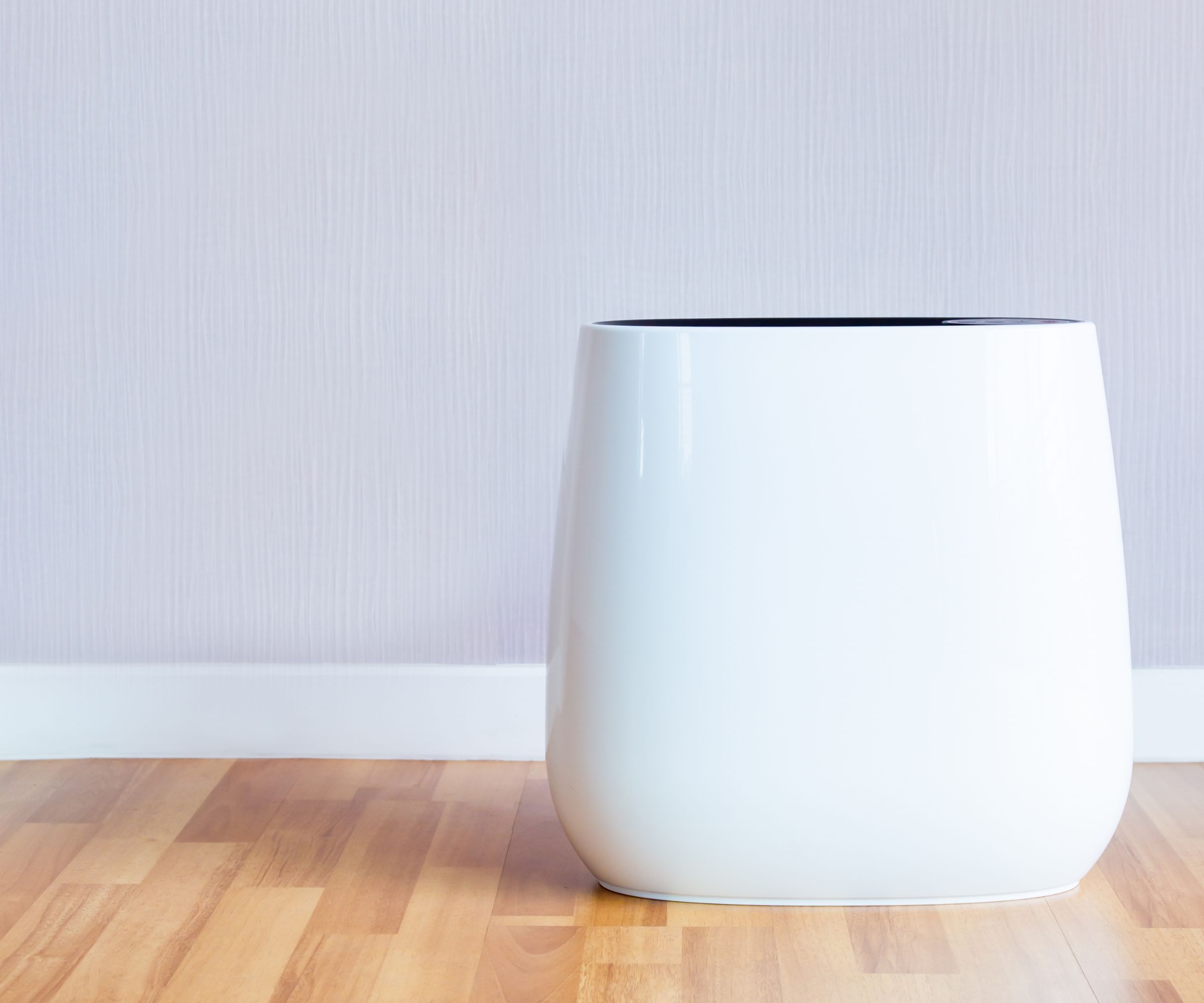
The size and shape of dehumidifiers don't make them the most naturally portable appliances in your home. However, lots of the newest models have caster wheels and handles, making them easy to carry from room to room. Our favourite air purifiers are functional and beautiful too.
In this section, we'll let you know about the build quality of a unit. The best dehumidifiers feel durable and robust, with practical designs and a sleek, attractive shell. We look for welded, smooth joints on the dehumidifier's housing. The outside of the dehumidifier should really be made of stainless steel or high-grade plastic so that it is resistant to corrosion and a good protector of the internal components.
We also check that the dehumidifier comes equipped with a high-efficiency compressor, for the sake of your energy bills; copper or aluminium condenser coils, again, for maximum energy efficiency; a durable, easy-to-clean water tank, for your own sanity; and HEPA air filters to help remove impurities, allergens and odours.
That's a long list of premium features, which might scare some people. These high-quality specs don't mean that we'll overlook budget or affordable options, but it does mean that we'll let you know about how the relative value of your dehumidifying unit. It's okay to compromise in places, but you should know where and why you're compromising before you buy a dehumidifier.
4. Noise
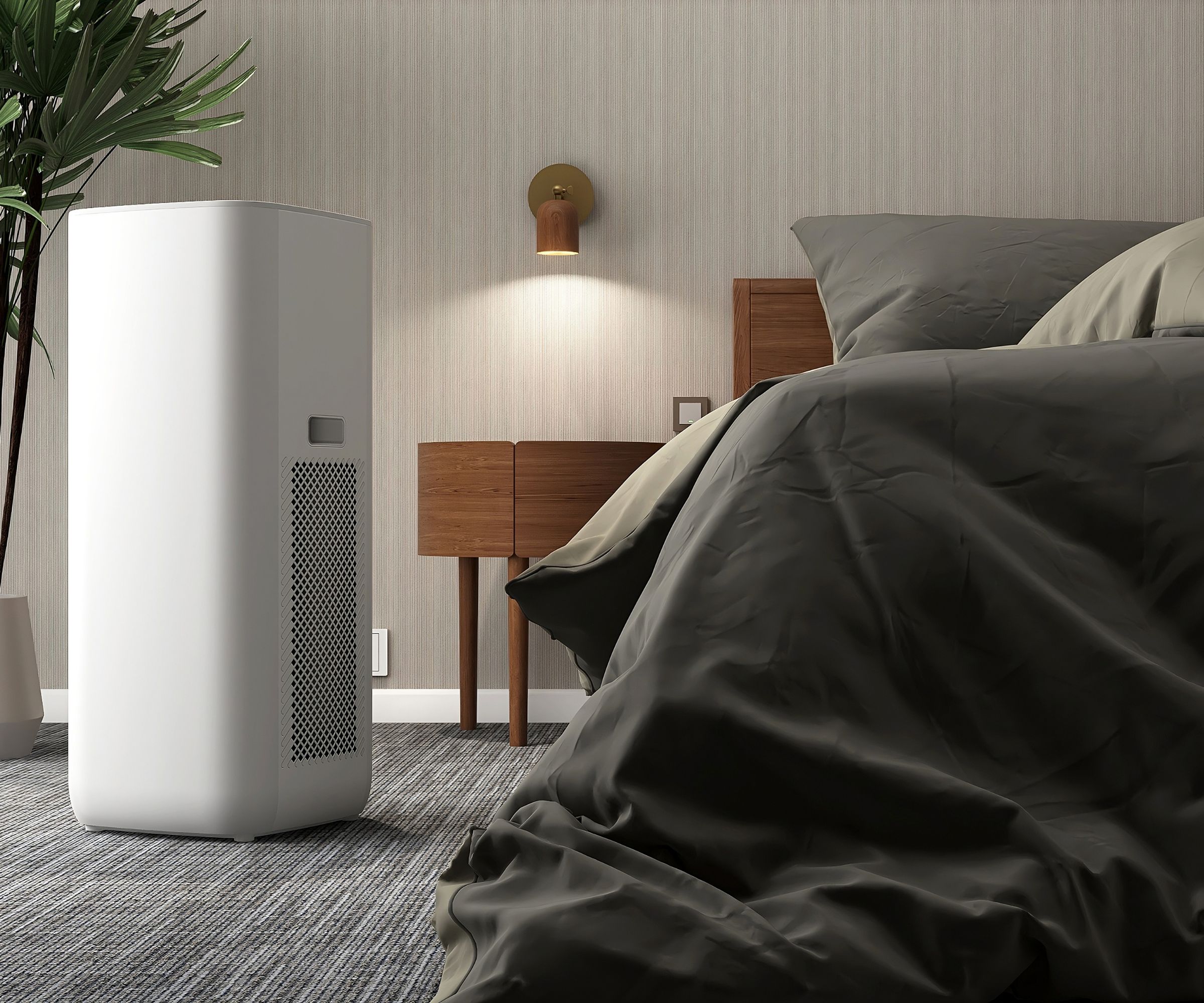
Dehumidifiers can get noisy, so finding the best dehumidifier for your bedroom requires paying attention to the noise levels of your dehumidifier. The most industrial units are proper powerhouses, but this means that you can't leave them running in (or near) your bedroom overnight. Excessive noise can be a big drawback in a dehumidifier's functionality, especially if you want to use it in your living space too.
We use measuring devices to report on the decibels of noise that a dehumidifier makes. We'll translate that into everyday life, letting you know a comparable noise level, such as a fan, dishwasher, or a loud conversation. That way, you can decide where you want your dehumidifier in your home.
A dehumidifier should have a noise level of around 40-50 dB if you want to use it in your bedroom or living room.
Some dehumidifiers will have 'silent modes' or 'low noise operation' ensuring that they're ultra-quiet. This is an important feature that we always make sure to test and shout about (whether it's good or bad is down to the model).
5. Drying laundry
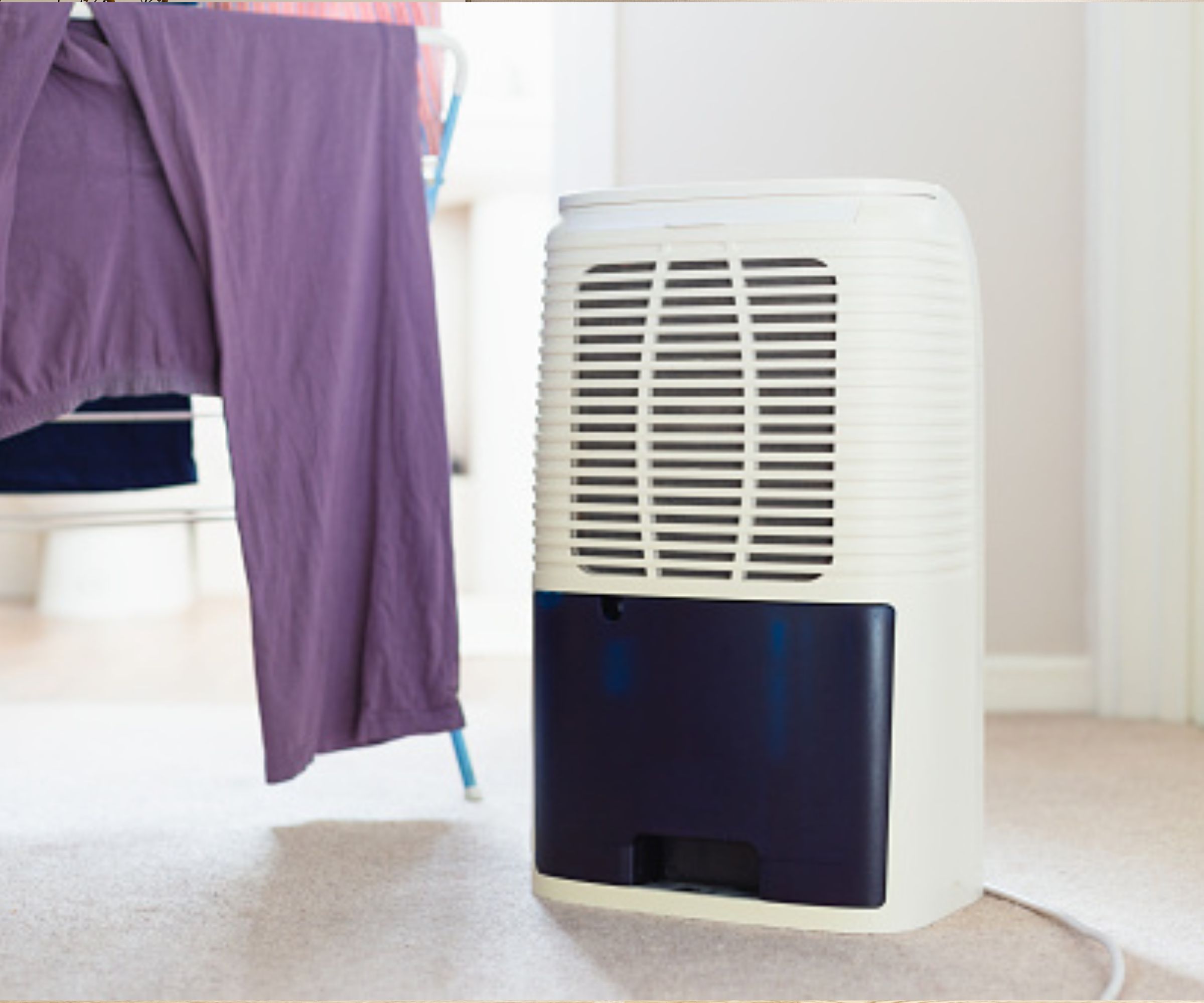
We will wash a range of clothing and sheets and test how long they take to air dry. Then, we'll test the same load of washing with the dehumidifier, letting you know how look it took, how energy-efficient it was, and how effective it is overall.
We will wash a load of clothing and sheets and test how long they take to air dry. Then, we'll test the same load of washing with the dehumidifier, letting you know how look it took, how energy-efficient it was, and how effective it is overall.
If you want a multifunctional appliance, it's important that your dehumidifier is good at drying clothes, even in the colder months.
6. Reducing humidity and condensation
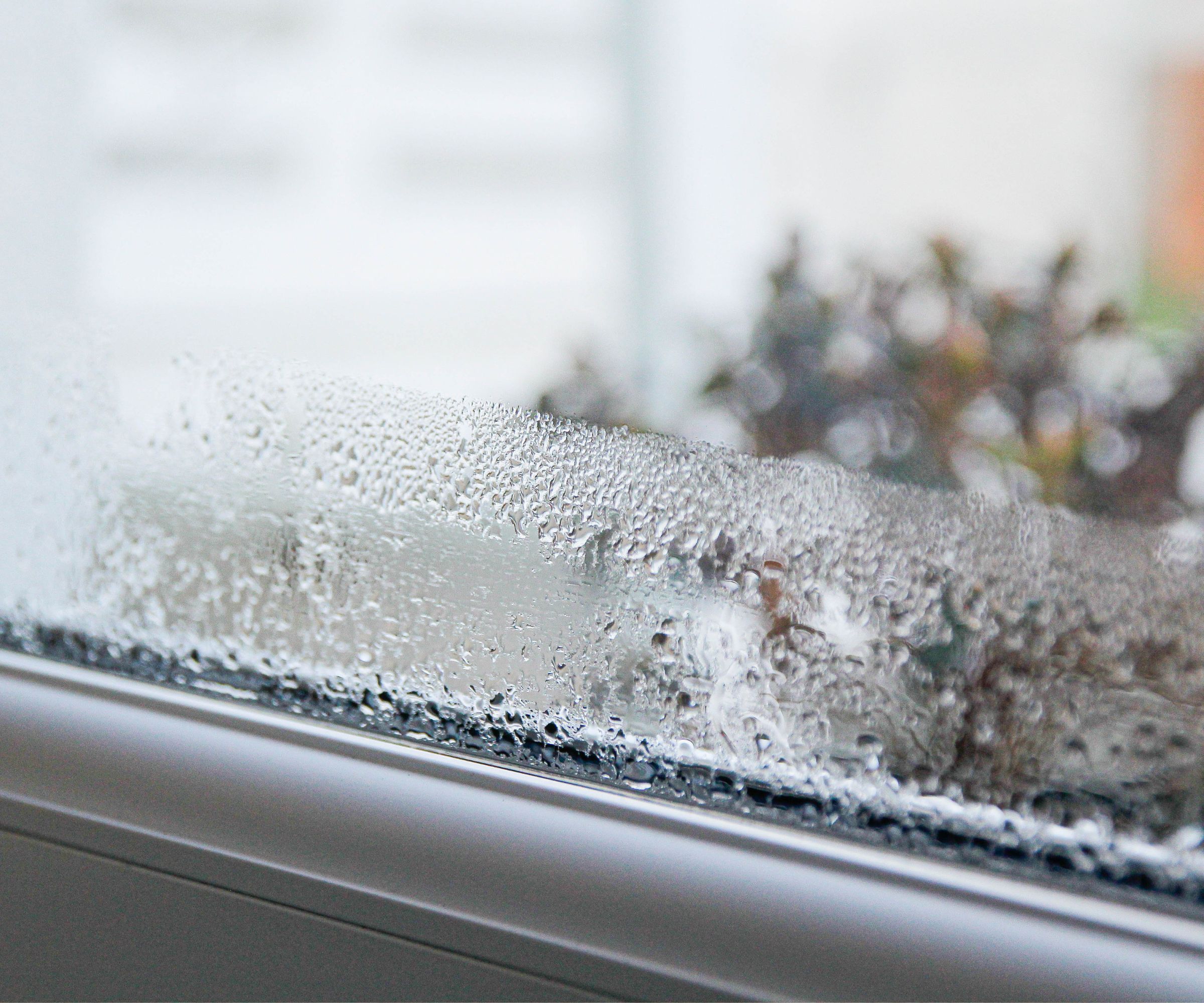
The humidity and condensation in a room are two of the most obvious, notable indicators of the efficacy of a dehumidifier. The best dehumidifiers will gauge the humidity levels in your room and work to keep it under 50% and still above 30%.
If your room is consistently above 60%, you might suffer from asthma and allergy-like symptoms. If that's the case, we make sure that our experts note any improvements (or not) whilst they're using the dehumidifier.
Before testing, we'll look at the humidity levels across different rooms, especially the ones with more obvious condensation issues. The dehumidifier will be put in each room with different needs so that we can let you know how effectively it addresses common household concerns and which room it performs the best in. That way you'll know whether it is the best dehumidifier for your bathroom, bedroom, or basement.
How we choose who it would suit
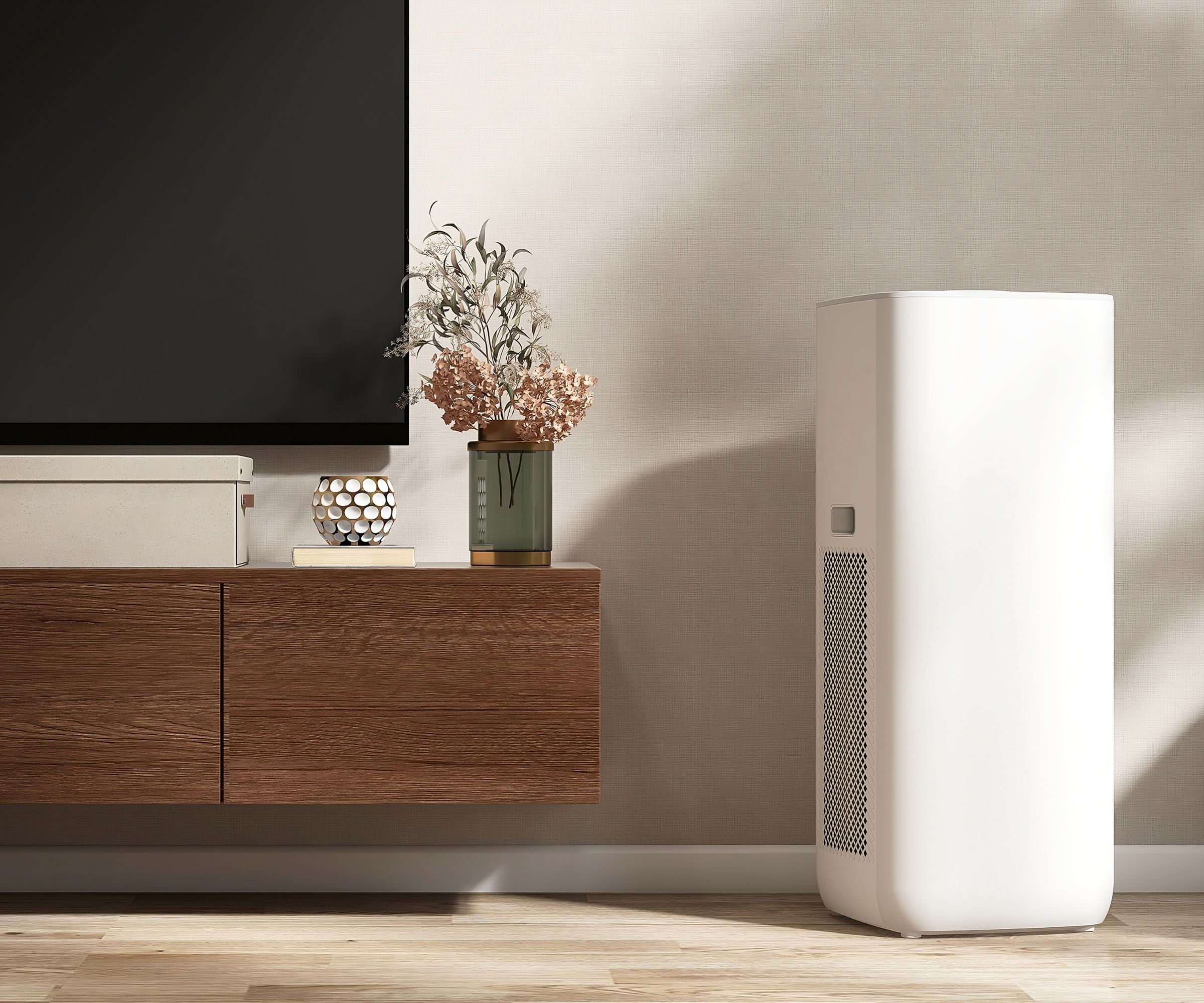
Different dehumidifiers suit different homes, so once we've put the dehumidifier through our tests, we'll take a step back and evaluate who we think they're best suited to. We consider room size, climate, intended use, budget, and value before recommending dehumidifiers to you.
We compare the dehumidifier that we've tested to other models on the market so that you know you're getting the very best model for your dehumidifying needs.
Other considerations
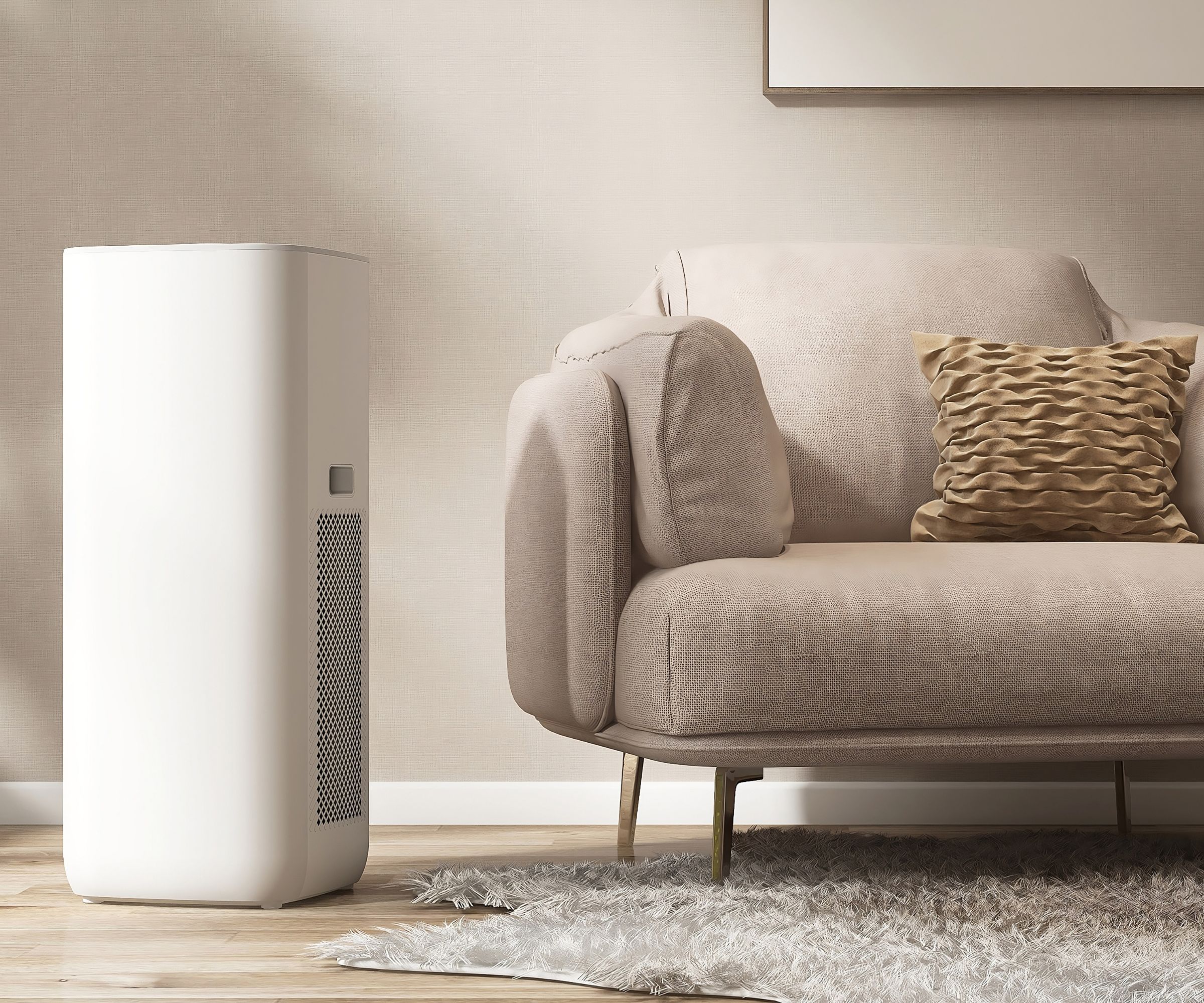
Before we wrap up our review, we add some other considerations that we think you should know about before you buy a dehumidifier. They are a great way to efficiently improve the climate of your home, but they vary in efficiency. We assess the energy efficiency, considering how much it costs to run the dehumidifier, whilst also looking at the warranty, and customer support services offered by the manufacturers.
These will all contribute to how we rate and review a dehumidifier. We like to give you a comprehensive evaluation of how good each dehumidifier that we test is, which is why we always try to offer balance. It helps that our reviews are all independent, so we have no financial incentive to overlook some flaws for some extra cash in our pockets.
We make sure to give you our honest, expert thoughts because we want you to trust us. Nobody likes the idea of making an investment and being disappointed, so we take our review summaries seriously, ensuring that you'll only find good surprises if one of our favourite dehumidifiers arrives on your doorstep.
At the end of the day, it's our job to give you the information to make decisions that take you toward a healthier, more comfortable home.







